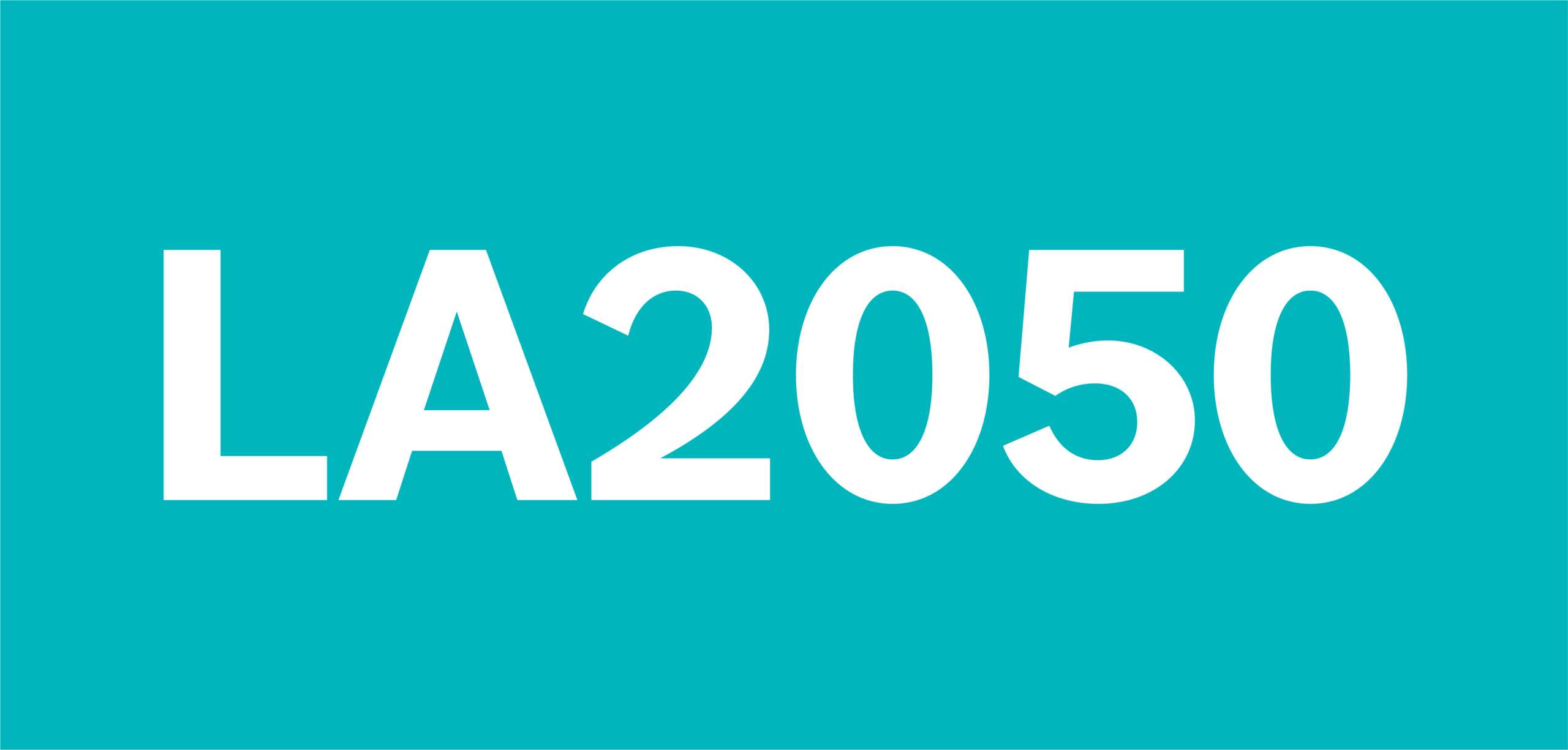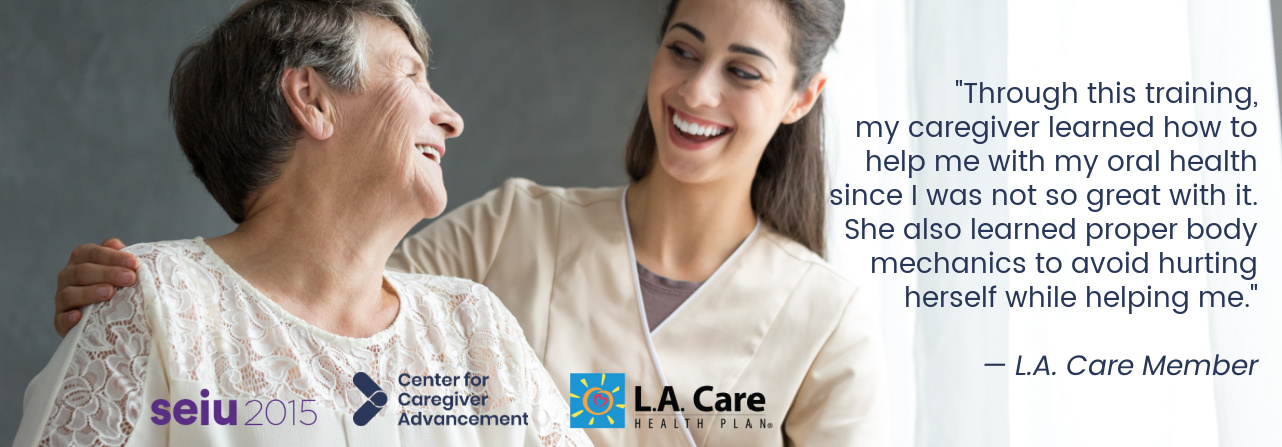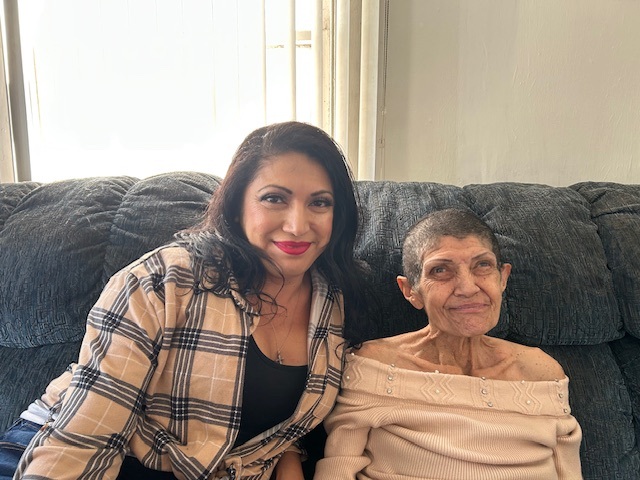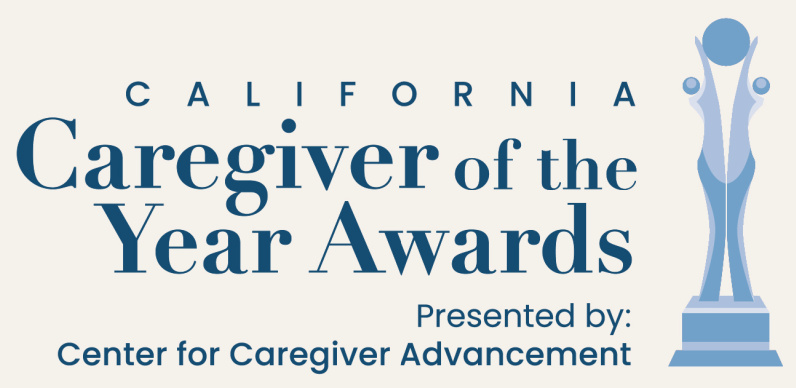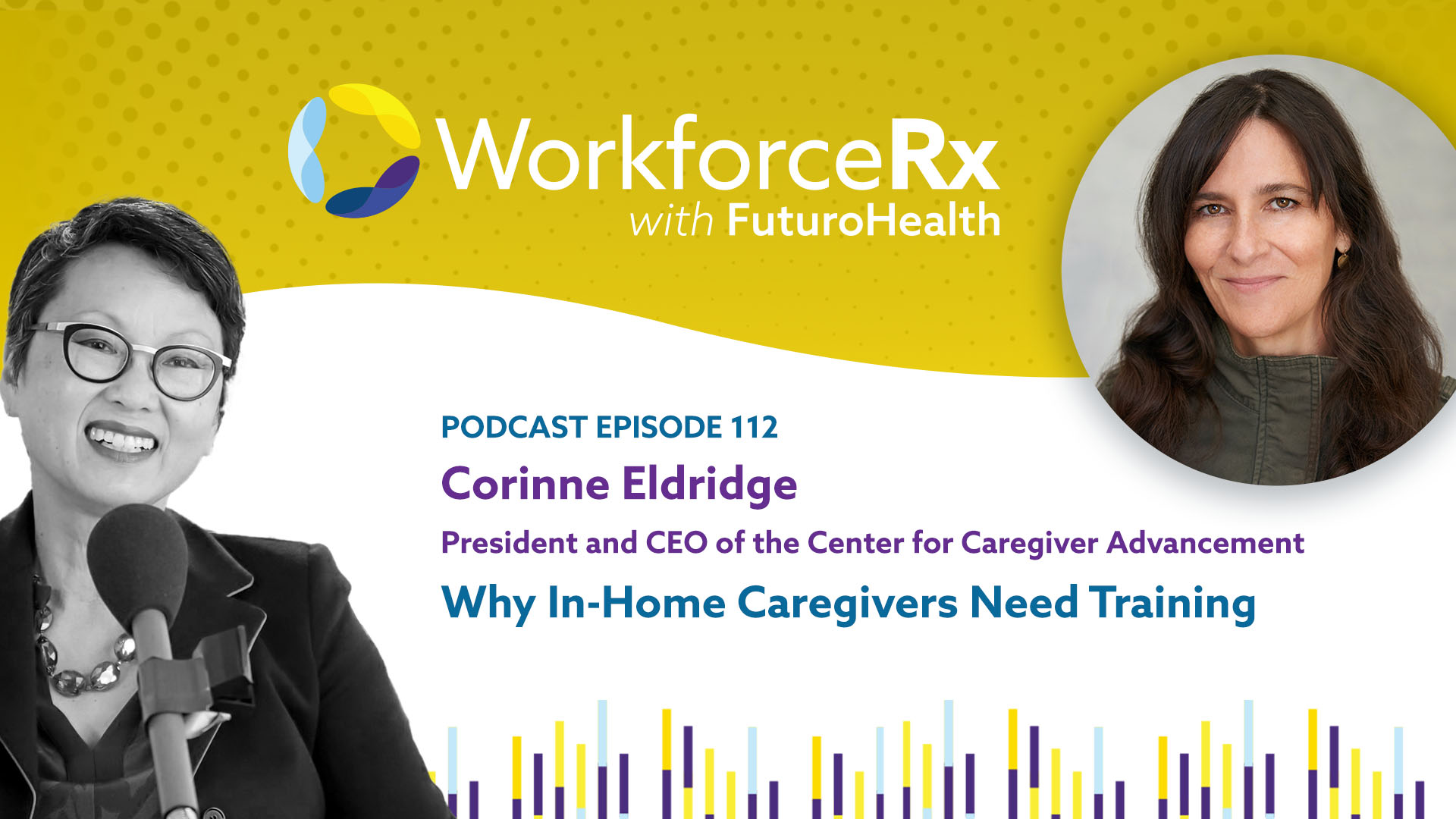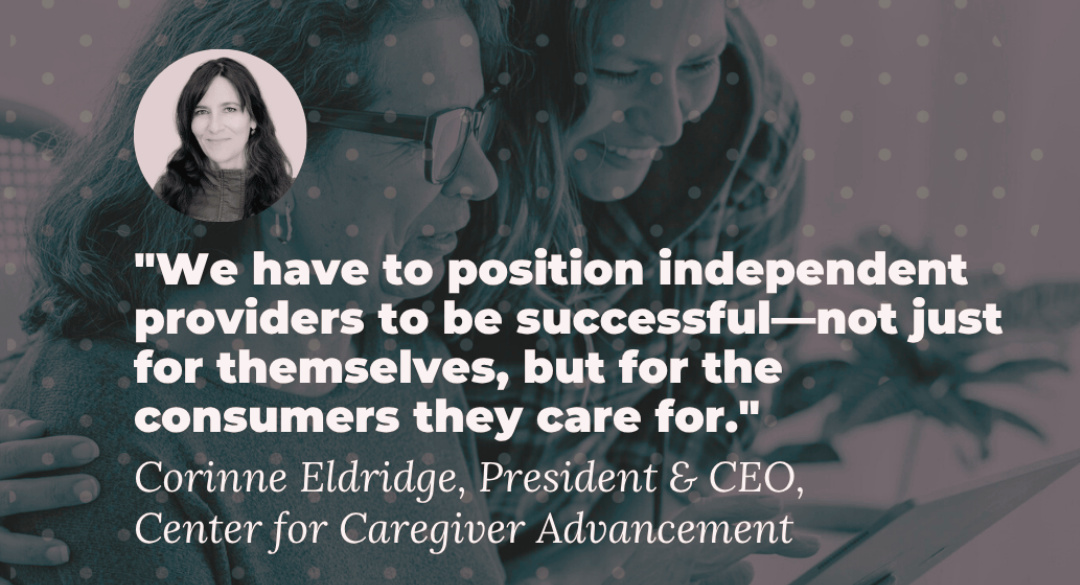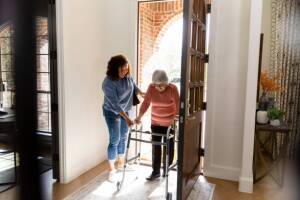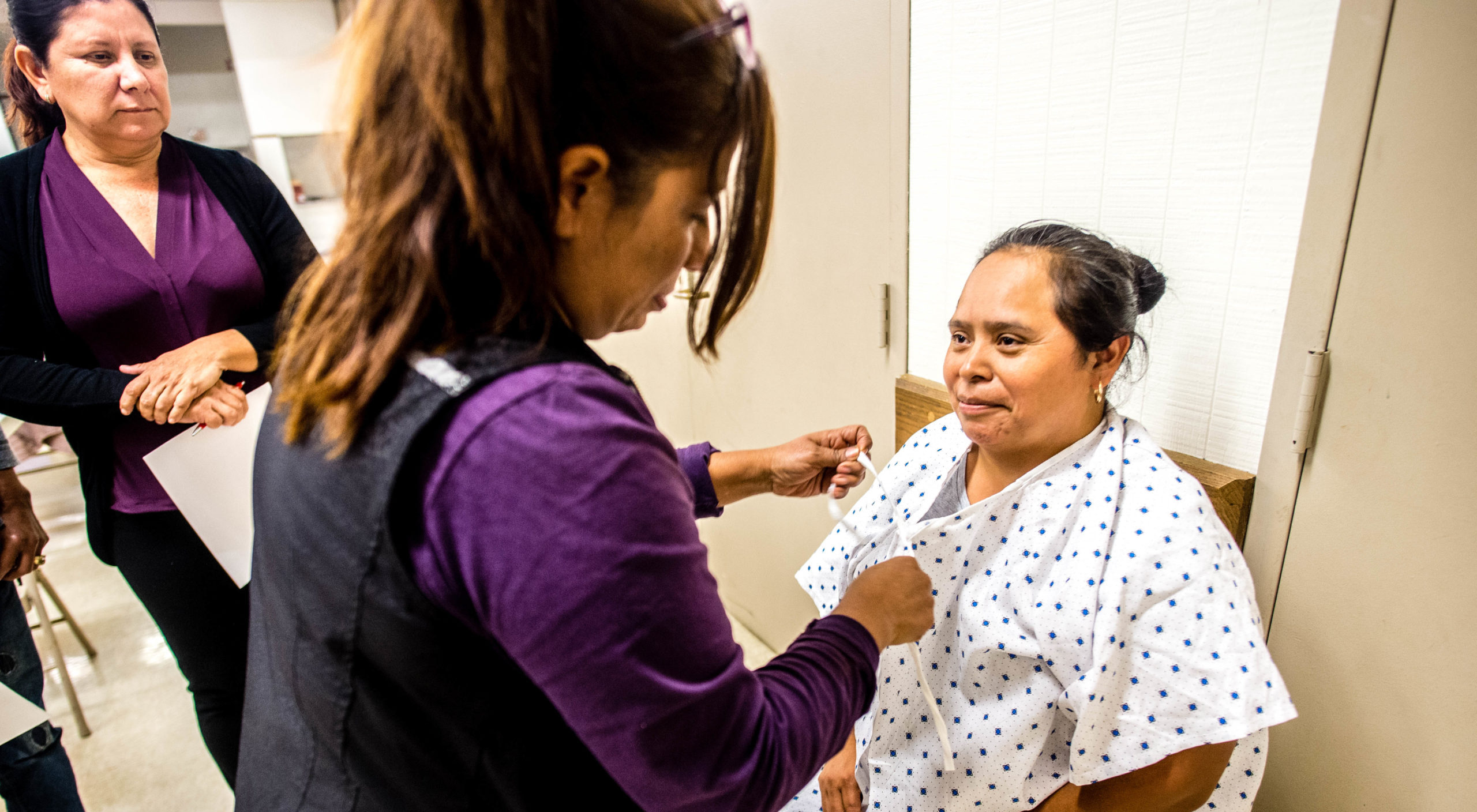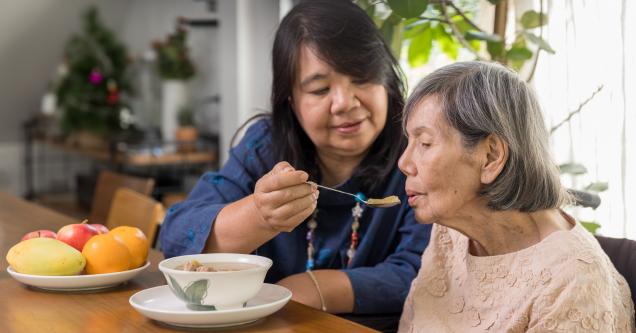The Center for Caregiver Advancement (CCA) now offers caregiver training courses that specialize in complex physical and mental health needs: autism spectrum disorder, diabetic care and nutrition, traumatic brain injury, and heart diseases and care.
All four learning pathways are part of CCA’s course catalog for the IHSS Career Pathways Program, a state initiative that funds training for California’s In-Home Supportive Services (IHSS) providers. CCA is one of the approved training providers for this program. These four pathways join the six other training specializations CCA started offering in January.
Each pathway has six courses that are designed to help caregivers build strong foundational knowledge that is condition-specific
The Autism Spectrum Disorder courses cover an overview of ASD and key terms and definitions, learning to identify signs and manage maladaptive behaviors, supporting ASD in different age groups, among others. The series concludes with a skills practice session, where participants can put everything they learned into practice through case scenarios.
Related story: Learning the language of autism
The Diabetic Care and Nutrition pathway discusses the different types of diabetes, how diabetes impacts different populations in the U.S., and the complications that can affect an individual’s overall health. Caregivers also learn how to support the person they’re caring for in the management of their Type 2 diabetes, particularly through proper nutrition and portion sizes. Emergency management and response is also covered, so that caregivers can recognize potential emergencies and learn the difference between an urgent versus emergency situation.
The Traumatic Brain Injury courses help caregivers define and describe the different types of TBI, identify risk factors and recognize the health disparities associated with them. They will learn how the injury affects a person’s everyday function and the caregivers’ role in the observation, monitoring and documentation of consequences. Emergency response is also covered.
The Heart Diseases and Care pathway discusses causes, prevalence and impact of heart attacks and heart failure. Caregivers will learn to identify common signs, symptoms, and risk factors; and learn preventative tools to help reduce risk of heart disease through lifestyle medications. Emergency response is also discussed, including the correct order of steps a caregiver needs to take when a person complains of chest pain.
Related Reading: Georgina’s Joy: From a Calling to a Caregiver Career




